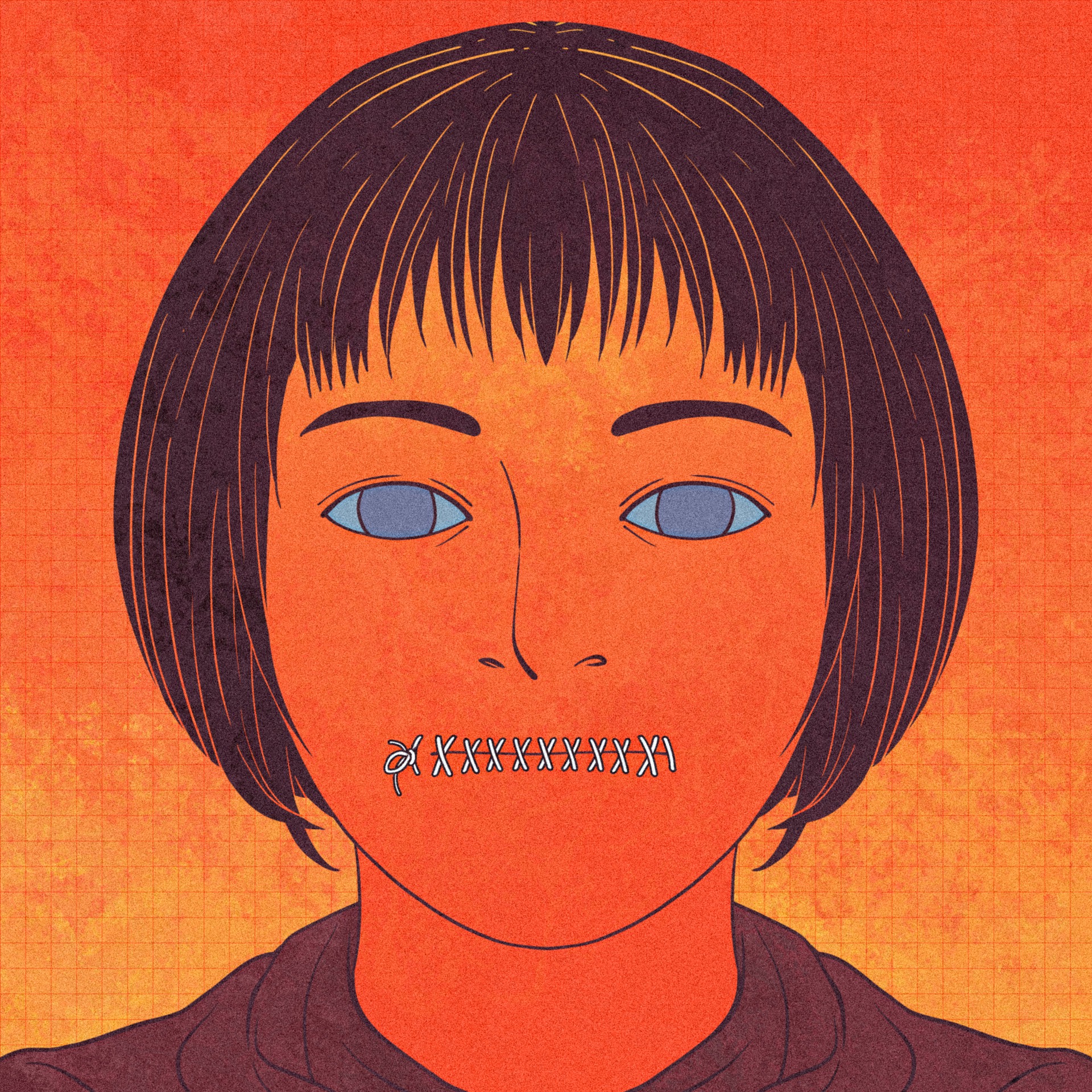Recent discussions about gender identity and healthcare have intensified, leading to significant policy changes affecting transgender youth. In the UK and Scotland, the prohibition of puberty blockers for young individuals with gender dysphoria has been implemented. Why is banning puberty blockers bad for the mental health of transgender kids? To understand this, we need to look at the evidence about puberty blockers, why they might be banned, and what could happen if young people don’t get this important treatment.
The Background of the Ban
In 2020, the UK government got Dr. Hilary Cass to check out child gender dysphoria services. Her findings raised some serious questions about the reliability of using GnRH analogues, aka puberty blockers. This led to a three-month pause on prescribing them, which eventually turned into a total ban for anyone under 18. Soon after, NHS Scotland also stopped prescribing these important treatments.
The Cass Review received criticism from transgender healthcare groups like WPATH. They said its conclusions were selective and inconsistent. Yale University added that the review does not follow standard evidence evaluation methods and misrepresents data. The British Medical Association (BMA) insisted that healthcare decisions should be made by clinicians and patients, not influenced by politics.
Why Are Puberty Blockers Important?
Puberty blockers are essential for transgender youth. They provide a temporary break from the physical changes of puberty. This helps young people explore their gender identity without feeling distressed about their bodies changing in ways they don’t want. The ban on these medications stops transgender youth from making informed choices about their bodies and futures. This can lead to more mental health problems like depression and anxiety.
Research shows that in areas with anti-transgender laws, suicide attempts among transgender youth increased by 38-44%. Among those aged 13-17, the increase in suicide attempts was as high as 72%. This alarming data highlights the urgent need for supportive healthcare practices, not harmful bans.
The Dangers of the Ban on Puberty Blockers
The implications of banning puberty blockers are dire. Without access to these medications, transgender youth face irreversible physical changes that can cause long-term distress. Many young people might feel they have to use unsafe alternatives. Making necessary healthcare illegal doesn’t stop people from wanting it but makes them turn to risky and unregulated options. Many transgender people want to use puberty blockers safely and legally, with guidance from healthcare providers, instead of using them secretly.
The argument against the ban gets stronger because GnRH analogues are used not just for transgender care but also to treat conditions like precocious puberty. Yet, no similar concerns have arisen about their safety in that context. This inconsistency suggests that the ban isn’t mainly about patient safety. It seems more about ideological beliefs. These beliefs don’t fully think about the real experiences and needs of transgender youth.
Understanding the Impact on Transgender Youth
The distress caused by the ban catapults transgender youth into a nightmare of mental health challenges. Denying them access to puberty blockers is a blatant act of rejection, fueling their feelings of isolation and hopelessness. Research clearly shows that the most vulnerable members of our society are the ones facing the greatest obstacles to receiving essential healthcare.
On the opposite end, countless independent reviews thunder with evidence that puberty suppression is not only safe and effective but also reversible. Take, for instance, the recent report from the New South Wales Government. Despite acknowledging the paucity of comprehensive studies, the report vehemently asserts that puberty blockers can benefit young people grappling with gender dysphoria. Such powerful findings tear apart the flimsy narrative supporting the ban and underscore the desperate need for a more nuanced, compassionate approach to healthcare.
Conclusion: A Call for Change
The current ban on puberty blockers in the UK and Scotland is a serious issue. It threatens the mental health of transgender youth. We should provide access to gender-affirming care instead of restricting it. Restrictions are based on biased, selective information. Strong evidence supports offering this care. By grasping the severe implications of this ban, we can start to advocate fiercely for a healthcare system that upholds the rights and needs of all young people.
As a society, we must urgently reassess our stance on this critical matter. Supporting transgender youth is far from being a mere progressive agenda—it is an essential step toward securing their health, safety, and dignity. We implore you to share this article and actively join the conversation. Help us raise awareness and foster deep understanding around the crucial issue of healthcare access for transgender youth. Together, we can strive toward an inclusive and compassionate future that truly embraces and supports every individual.
















Leave a Reply